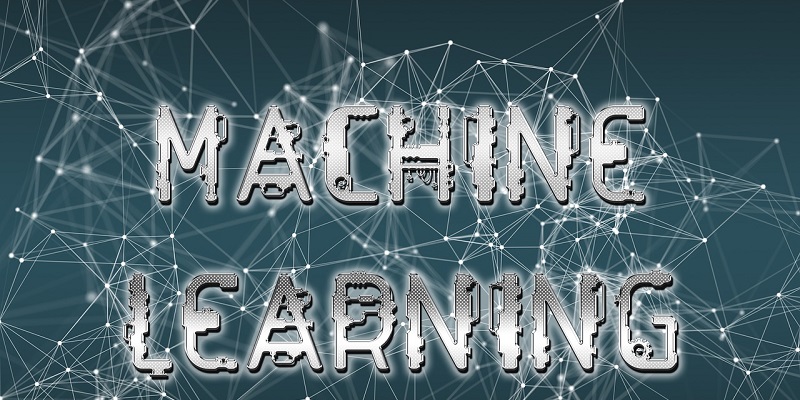The customer experience is paramount to the success of any business. As technology advances, customers expect more personalized experiences, and businesses need to keep up to remain competitive. Machine learning is one such technology that has revolutionized the way businesses can deliver customized experiences to their customers. By leveraging the power of algorithms and data analysis, machine learning enables businesses to gain valuable insights, make data-driven decisions, and deliver personalized experiences to their customers.
Machine learning is a subset of artificial intelligence that enables systems to automatically learn and improve from experience without being explicitly programmed. It leverages algorithms and statistical models to analyze data and identify patterns that can help businesses understand their customers better. Machine learning algorithms can be trained using historical data to identify and classify new data points accurately. Here are some ways in which machine learning is enhancing the customer experience.
Personalized recommendations through machine learning
One of the key areas where machine learning excels is delivering personalized recommendations to customers. Machine learning algorithms analyze customer data, such as purchase history, browsing behavior, and preferences, to create a customized experience. For instance, Amazon uses machine learning to suggest products to customers based on their browsing and purchase history. The recommendation engine adapts to the customer’s needs and preferences, increasing the likelihood of a customer making a purchase.
Understanding customer sentiment with machine learning
Understanding customer sentiment is crucial for businesses to gauge customer satisfaction and respond to their needs effectively. Machine learning enables businesses to analyze customer feedback, both structured (e.g., ratings and reviews) and unstructured (e.g., social media posts), to identify patterns and themes. Sentiment analysis algorithms can categorize customer feedback as positive, negative, or neutral, enabling businesses to respond to customer concerns effectively.
Fraudulent activities pose a significant threat to businesses, especially in sectors such as finance and e-commerce. Machine learning algorithms can help detect such activities by analyzing customer behavior and identifying anomalies. For example, credit card companies use machine learning algorithms to identify transactions that are likely to be fraudulent based on historical transaction data and customer behavior.
Natural language processing (NLP) algorithms, powered by machine learning, allow chatbots to understand and respond to customer queries in a conversational manner. Chatbots can help businesses improve customer service by handling routine inquiries, freeing up customer service representatives to handle more complex queries. Machine learning algorithms enable chatbots to learn from customer interactions, thus improving their responses over time.
By analyzing various customer attributes, behaviors, and transaction histories, machine learning algorithms can group customers into distinct segments based on their similarities. This segmentation can help businesses target specific customer groups with customized marketing campaigns. For example, a fashion retailer can group customers based on their purchase history and preferences to deliver tailored marketing campaigns.
Predicting future customer behavior with machine learning
Predictive analytics, driven by machine learning, empowers businesses to make accurate predictions about their customers’ future behavior. Predictive models can help businesses identify customers who are likely to leave or make a purchase. These predictions can help businesses take proactive steps to retain customers and improve their overall experience.
Benefits of machine learning for businesses
From personalized recommendations to fraud detection, machine learning enables businesses to understand their customers better, deliver tailored experiences, and make data-driven decisions. By embracing machine learning technology, businesses can gain a competitive edge and foster long-lasting relationships with their customers.
Machine learning is a powerful tool that businesses can use to improve the customer experience and gain a competitive edge. By leveraging machine learning algorithms and predictive analytics, businesses can deliver personalized experiences to their customers, identify fraudulent activities, and make data-driven decisions. Machine learning empowers businesses to better understand their customers, which is essential for building long-lasting relationships and driving growth. As technology advances, businesses that adopt machine learning will be well-positioned to meet the evolving needs of their customers and stay ahead of the competition.

